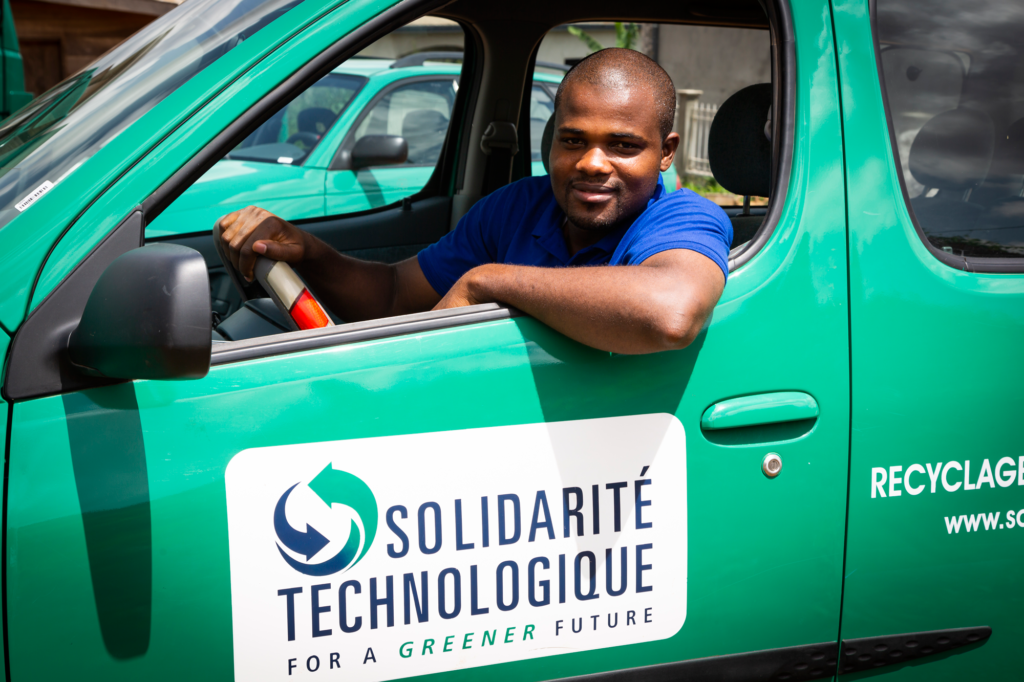THE FIGHT AGAINST THE DIGITAL DIVIDE
The upgraded equipment from the Recycling Centre is put up for sale in order to popularize the computer tool in Cameroon.
The target groups are mainly SMEs, secondary schools, higher education establishments, associations, households and students.
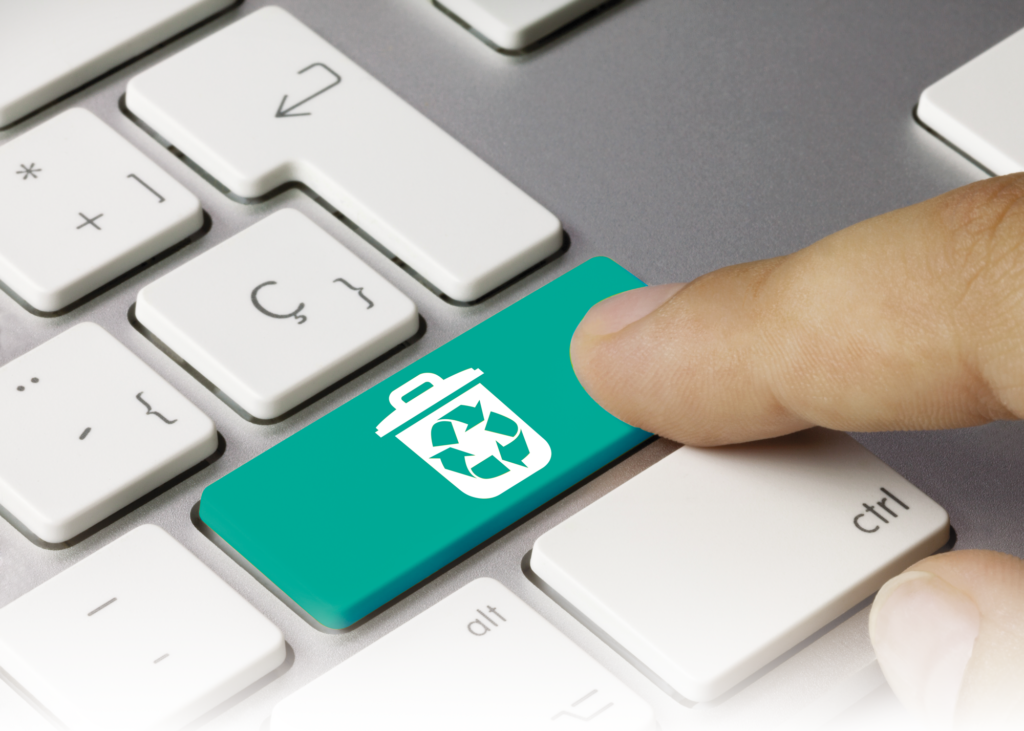
SUPPORT FOR THE INFORMAL SECTOR
WEEE in Africa represents an economic potential that is primarily captured by the informal sector. The workers acting in this context work on their own account, and carry out recycling, upgrading, metal resale, etc. Each artisan recycler is generally specialized in a specific field: metal collection, TV repairing, computer troubleshooting, trade and commerce, etc.
Since 2011, we have been working to identify the actors and circuits of the informal WEEE sector in Yaoundé, Cameroon. The idea is that the functioning of the recycling centre should not be at the expense of existing informal workers, and that synergies could possibly be developed.
In Yaoundé, this type of activity is largely concentrated in the so-called “Briqueterie” district. We have developed a partnership with the Sarkan Zoumountsi association, specialized in social development and waste treatment. Together, we have set up a pilot program to support the informal sector in addressing sustainable development issues.
This program is based on three pilars :
1) Technical support and training for artisanal recyclers who upgrade computer equipment
2) Research and experimentation of alternatives to cable burning
3) Research and experimentation on the implementation of a recycling system for thermosetting plastics
VOCATIONAL TRAINING
The association Solidarité Technologique also manages a vocational training centre. It is intended to welcome young men and women without diplomas and without financial resources, by offering them an opportunity for professional integration through computer training.
The training covers the use and maintenance of computer tools (with modules in office automation, electronics, networks and Internet). The rehabilitation or upgrading of the recovered equipment is a direct part of the programme, which is designed to ensure the sustainable acquisition of knowledge by integrating theoretical courses, practical workshops and mandatory internships. These courses are given by 3 teachers specialized in computer maintenance, electronics and office automation.
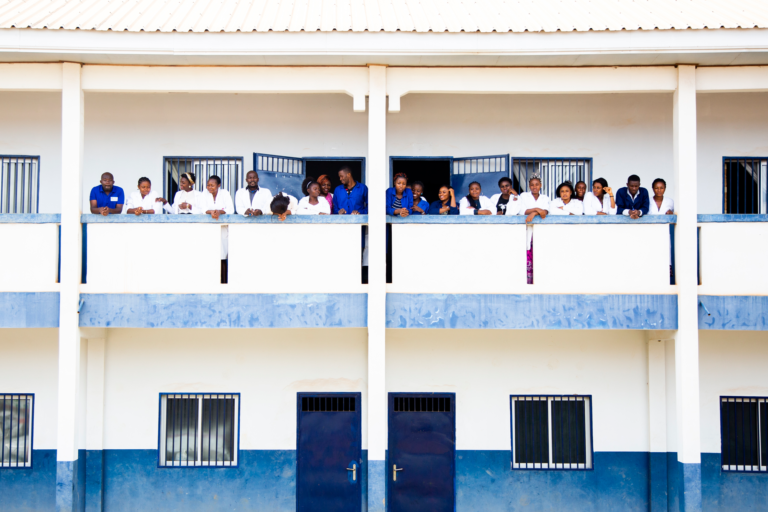
In parallel with this training, actions are taken to optimise students’ future employability by :
1) Providing personalized support to the students of the Vocational Training Centre of Solidarité Technologique, to guide them into the professional world. This mainly involves support for CV and cover letter writing and preparation for job interviews.
2) Promoting contact between learners and the professional world through a network of partners likely to offer internships and work: local companies, Cameroonian and European companies, and beneficiary schools that have been equipped with computer equipment by Solidarité Technologique.
3) Encouraging self-employment in all fields that require knowledge of computer-related technologies. Therefore, after a presentation of the projects, if they seem interesting and sustainable, the association can decide to provide young graduates with equipment at low cost to help them get started.
PRESERVE THE LOCAL AND GLOBAL ENVIRONMENT
Environmentally sound recycling of WEEE prevents the release of many toxic substances into the environment, such as persistent organic pollutants (including many heavy metals), powerful greenhouse gases and ozone-depleting substances. Among the 6 most dangerous environmental toxins in the world listed in 2015 by the Green Cross International network (lead, mercury, hexavalent chromium, radionuclides, pesticides, cadmium), 5 are indeed present in the WEEE: https://www.worldatlas.com/articles/the-six-most-toxic-pollutants-in-the-world.html
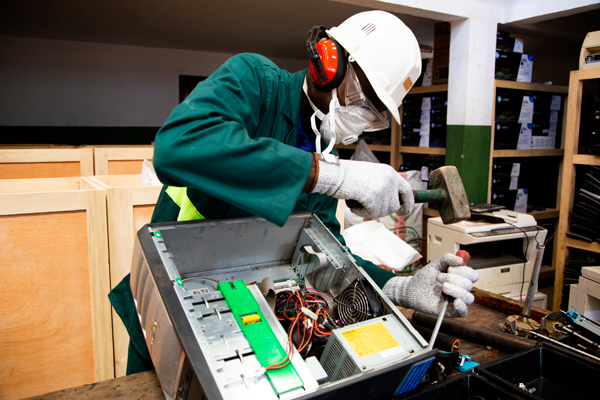
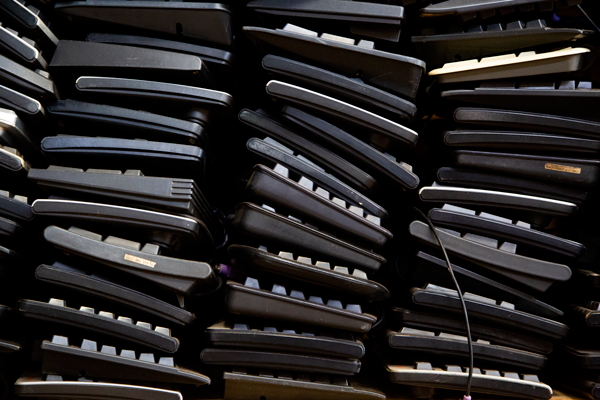
ADVOCACY AND OUTREACH
As a non-governmental actor in the WEEE sector in Cameroon, we work closely with the public authorities, in particular the Ministry of Environment, Nature Protection and Sustainable Development (MINEPDED).
We encourage the development and implementation of legislation to structure the WEEE treatment sector in Cameroon.
As such, we obtained an environmental permit for the management of WEEE as soon as the corresponding regulations were published at the end of 2012. This type of regulatory permit is a major step forward that has allowed us to structure the WEEE sector. It is a pioneering initiative in Central Africa and even on a continental scale.
We are also working with other actors in the sector (companies, associations, etc.) to network and exchange information. In the future, we want this multi-stakeholder platform to be able to act as an interlocutor for public authorities in order to improve regulation as much as possible, and as a forum for dialogue between the actors of the WEEE themselves.
